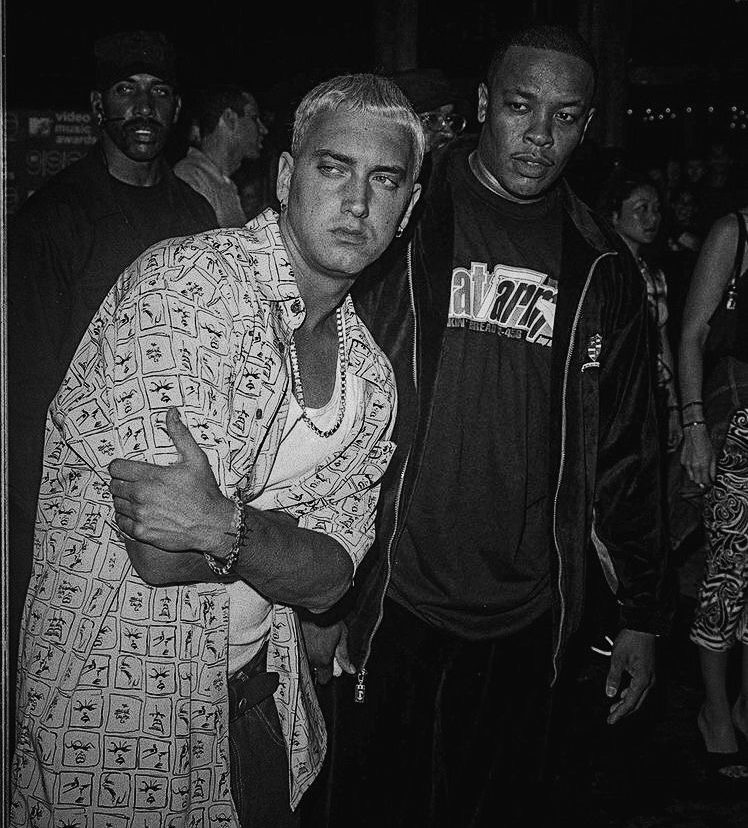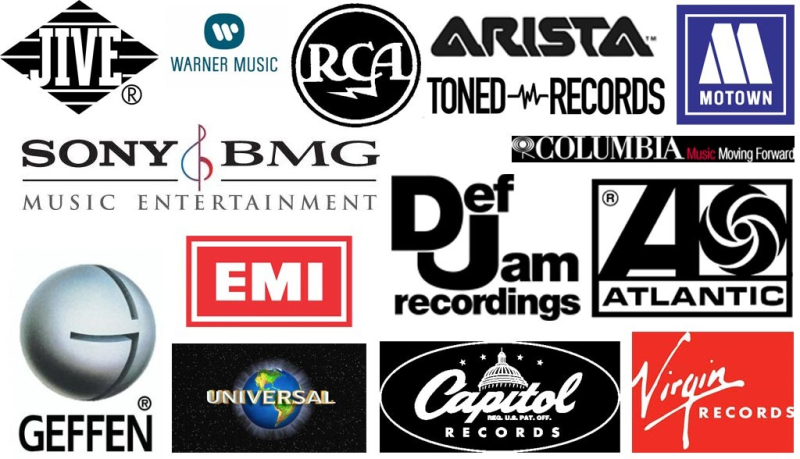Music labels typically sign artists through a process called “A&R,” or artist and repertoire. A&R is the division of a label responsible for discovering and signing new talent.
Here’s how the process typically works:
- A&R scouts search for new artists by attending live shows, listening to demos, and networking with industry professionals.
- If an A&R scout thinks an artist has potential, they will pass their information along to the A&R team at the label.
- The A&R team will review the artist’s material and potentially request a meeting with the artist or their representatives.
- If the label is interested in signing the artist, they will present the artist with a contract offer.
- The artist and their representatives will review the contract and negotiate terms such as the percentage of royalties the artist will receive, the length of the contract, and any other provisions.
- If both parties agree to the terms, the artist will sign the contract and become a signed artist on the label.
Example

Dr. Dre
Hip-Hop Legend
Co-founder of Death Row Records, Founder of Aftermath Records
Artists They Worked With/Signed: N.W.A., The DOC, Snoop Dogg, Eminem, 50 Cent, Game, Kendrick Lamar
Music labels make money from artists by taking a percentage of their income from record sales, merchandise sales, and touring revenues. The percentage that a label takes is known as a commission, and it is usually negotiated on a case-by-case basis. Some labels may take a larger commission in exchange for providing more resources and support to the artist, while others may take a smaller commission but provide less support. In general, labels make the majority of their money from the sale of physical and digital copies of the artist’s music, as well as from streaming royalties. They may also generate revenue from merchandise sales and other sources, such as licensing the artist’s music for use in film, television, and more.
It’s difficult to determine exactly how much money music labels make from artists, as it can vary greatly depending on a number of factors, including the type of deal the artist has signed with the label, the success of the artist’s music, and the specific terms of the contract.

Music labels typically offer a range of services and resources to artists that they sign to their roster called an “Advance”. Some of the things that a label may offer an artist include Recording and production support, marketing and promotion, touring and live performance support, distribution, legal and business support, creative support.
Example:
Recording: 100,000
Video Production: 60,000
Tour: 70,000
Marketing & Promotion: 150,000
With this support it is the Artist’s duty to make the best product they can and generate income that splits between them and the team involved. The process is more in depth but this is just to give you a glimpse of how the label signing process works.

